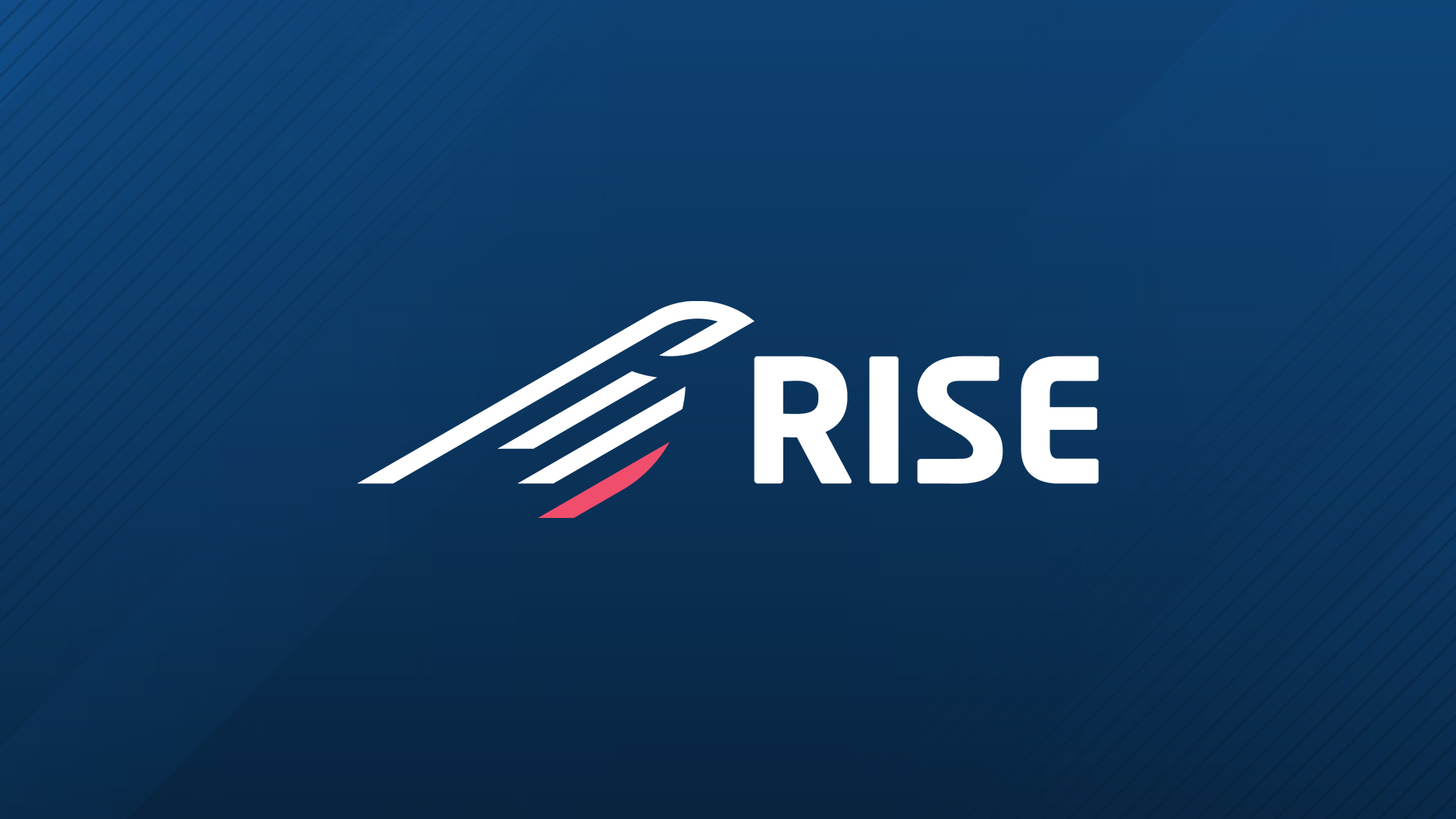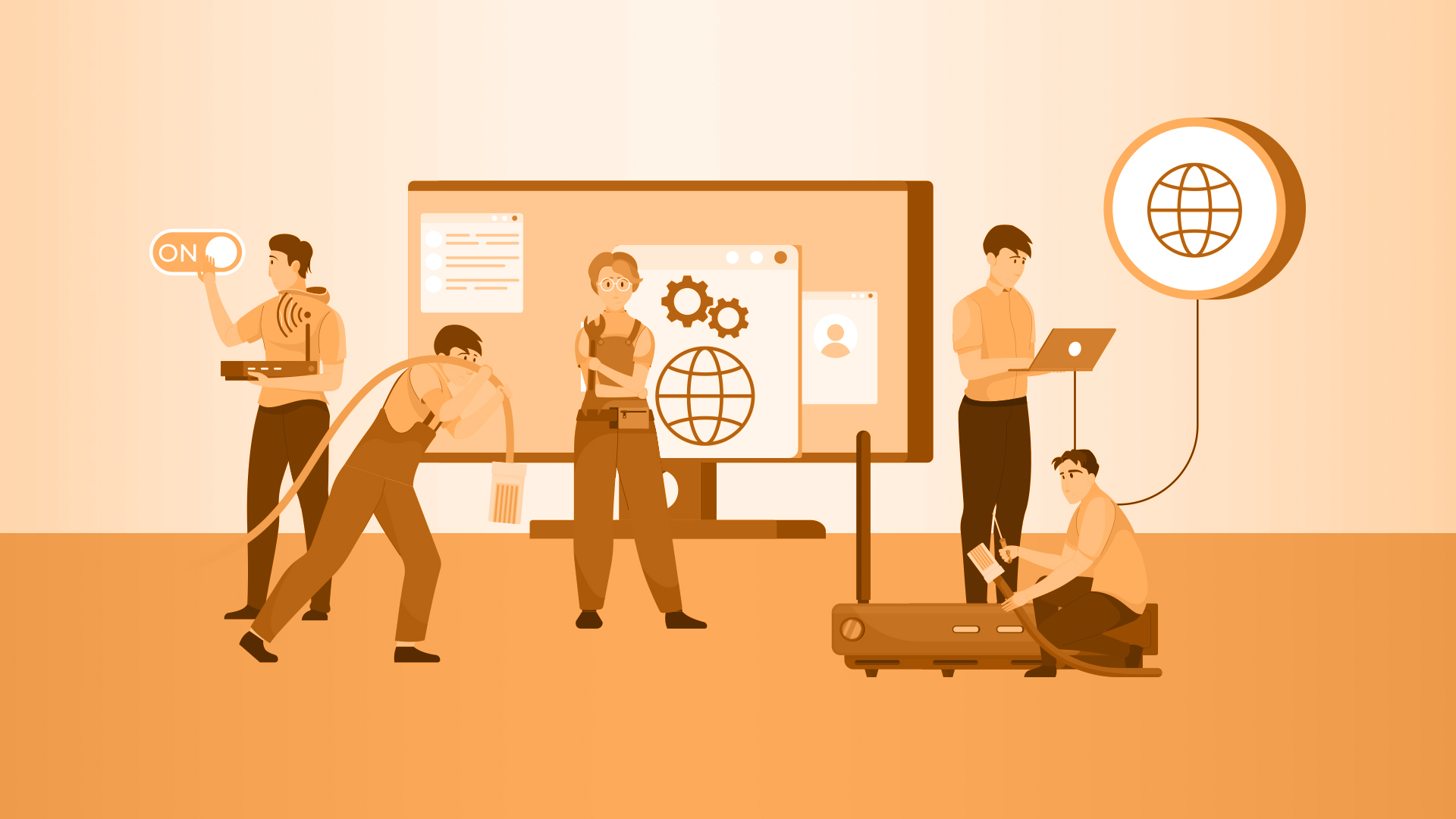Living in the age of COVID has been difficult for everyone, but it has been a lot harder on those who can’t access the internet. When many of us switched to working from home, Zoom coffee dates and online schooling, people without reliable internet access were left in the dark.
The internet allows us to connect, to engage, and to grow as people and as communities. This is why the RISE mission is to “Accelerate internet in the Philippines” and why we sponsor GetaFIX – an internet exchange that was created to improve the reliability and performance of all internet providers in the Philippines.
As a carrier and data-centre neutral service, GetaFIX creates equal opportunities for networks to connect with the same pricing for the same bandwidth. By helping networks to connect to each other more easily, GetaFIX is able to improve the speed and reliability of the internet. This is not only a core part of the RISE mission, but also a fundamental goal of sustainable development.
What are the Goals for Sustainable Development?
In 2015 the Member States of the United Nations adopted the Agenda for Sustainable Development – a shared blueprint for peace and prosperity for people and the planet, both now and into the future.
At the centre of this agenda are the 17 Sustainable Development Goals (SDGs), which form an urgent call to action for all countries in a global partnership towards ending poverty, improving health and education, reducing inequality, and growing economies while successfully managing climate change and working to preserve our natural environments.
What role does the internet have in these goals?
The three pillars of the SDGs are social, economic, and environmental, and the internet plays a vital role in the success of all these goals. Along with being it’s own goal, reliable internet access provides the platform on which local governments can engage with their communities to grow grass roots support, develop programs, and take action.
While the SDGs were negotiated back in 2015, they were still written with a clear understanding of the importance of internet access to their success. The recent pandemic has underscored how fundamental the internet has become to people’s lives and livelihoods.
Health, education, economic growth, gender equality, food production – all can be improved with universal internet access. The SDGs can combine the efforts of citizens, companies and governments to push for universal internet access as a central pillar of efforts to build back better.
Social Goals and Connecting Communities
The first of the three pillars for Sustainable Development is Social – combining several goals that focus on improving the quality of life for individuals and their local communities. This includes reducing poverty rates, improving access to health and medical services, eliminating hunger, and building sustainable and resilient cities.
The internet meets these goals head on, directly providing and expanding access to education and resources on a global level. It was also able to connect previously isolated healthcare professionals to their counterparts globally.
Reliable internet access allows for key success in these goals by connecting individuals to their communities both locally and globally. Strong internet also betters the planning and logistics of community development, giving people a voice in how their cities are built and what services can be provided to the area.
Education and Economic Opportunities
The pandemic has forced a rapid adoption of online life, in particular for our work lives. Work from home has become the standard for millions of people, and the ability to maintain a consistent connection from your home has become a necessity for working, studying, and shopping.
Along with adapting to the changing conditions of the pandemic, the internet is also a major driver in technological innovation and entrepreneurship. Businesses are able to create more sustainable operations through automation, and new businesses that take advantage of emerging technology are starting up everyday.
Environmental Goals
Whether it’s a natural wonder of the world like the Amazon rainforest or simply the nature strip on your home street, protecting the environment is a core pillar of sustainable development. When it comes to advocating for sustainable environmental policy and action, no tool has been more important to empowering the people than the internet.
The internet is a fantastic resource both for environmental education and activism, as developers can quickly find relevant information and standards for sustainable development early in the planning process. Likewise, the internet can be used to monitor, provide updates, and regulate this development.
Beyond preserving nature, the environmental goals of the SDGs are concerned with sustainable agriculture – providing a framework for safe, eco-friendly farming practices. Farming technology has received a particular benefit here, as high-speed internet services have unlocked automation for a broad range of food production, while web-based apps allow everyone to run their own market garden operation.
Ending the digital divide
Unfortunately, the advantages of the internet are not shared equally. Nearly half of the world’s population lacks internet access. A lack of critical infrastructure and affordable services combined with low digital literacy makes it hard for many people to access these opportunities.
Reliable internet access is just as important as any internet access. Everyday internet tasks like online learning, working or shopping become very difficult (if not impossible) when your connection isn’t strong enough, or you can’t afford enough data, or your family shares a single device.
The internet plays a crucial role in achieving the goals of sustainable development. By working hard to improve the reliability and performance of all internet providers in the Philippines, and by improving access to internet services with equal opportunities for networks and users, RISE are doing our part in helping to meet the targets of the 2030 Sustainable Development.


